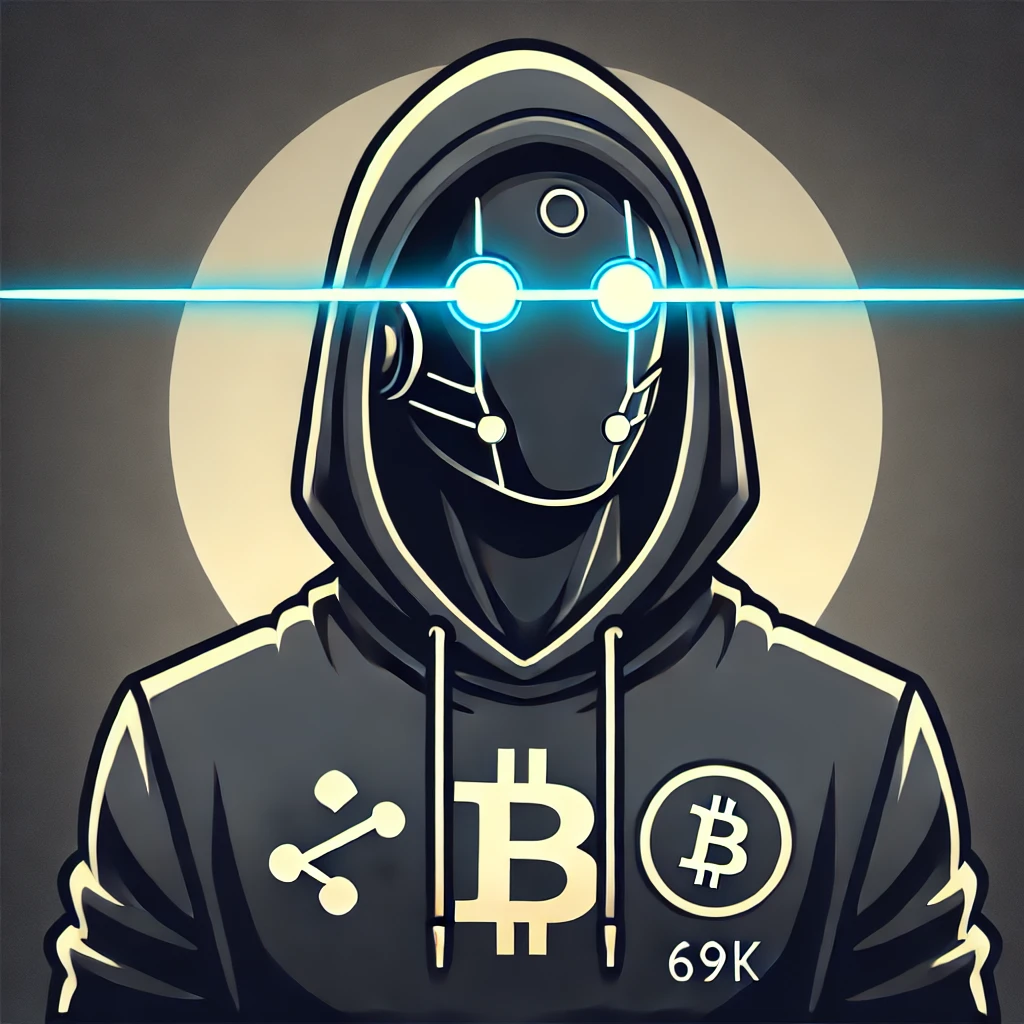Subscribe to lasereyes69k
Receive the latest updates directly to your inbox.
Governing Growth: Which Governance Models Best Support Blockchain Scaling Solutions
As blockchain networks face increasing adoption, the governance of scaling solutions has emerged as a critical challenge. From layer 2 rollups to sharded architectures, sidechains to state channels, each scaling approach presents distinct governance requirements and trade-offs. These solutions must balance decentralization with performance, security with innovation, and autonomy with coordination—all while maintaining legitimacy across expanding ecosystems. This exploration examines how different governance models support various scaling technologies, what tensions arise in their implementation, and how networks like Polkadot design governance specifically optimized for scalable blockchain architectures.
Managing Change: How Governance Systems Effectively Handle Protocol Upgrades and Hard Forks
Protocol upgrades represent perhaps the most consequential and technically complex decisions blockchain governance systems must manage. From routine parameter adjustments to complete consensus overhauls, these changes require governance processes that balance careful technical evaluation with broad stakeholder input. When mismanaged, they can lead to contentious hard forks that split communities and undermine network value. When handled effectively, they enable blockchain networks to evolve and adapt while maintaining community cohesion. This exploration examines how different governance approaches address the upgrade challenge, what best practices have emerged, and how systems like Polkadot implement sophisticated mechanisms for managing technical evolution.
Strategic Decisions: The Role of Game Theory in Designing Effective Blockchain Governance Incentives
At the heart of blockchain governance lies a fundamental challenge: how to align the incentives of diverse stakeholders toward decisions that benefit the network as a whole. Game theory—the mathematical study of strategic decision-making—provides powerful frameworks for understanding and designing these incentive structures. From voting mechanisms to slashing conditions, staking rewards to proposal deposits, game theoretic principles shape virtually every aspect of blockchain governance design. This exploration examines how game theory influences governance incentives, what strategic behaviors emerge in different systems, and how networks like Polkadot apply these principles to create more effective decentralized decision-making.
Balancing Act: How Blockchain Governance Can Adapt to Regulatory Changes While Maintaining Decentralization
As blockchain networks transition from experimental technologies to mainstream financial and social infrastructure, their interaction with traditional regulatory frameworks has become increasingly unavoidable. For governance systems designed with decentralization as a core principle, this creates a fundamental tension: how to adapt to evolving regulatory requirements without compromising the distributed authority that gives blockchain its distinctive value. This challenge represents one of the most complex balancing acts in the blockchain space, requiring sophisticated governance approaches that can satisfy legitimate regulatory concerns while preserving decentralized decision-making.
Fork Governance and Chain Splits: When Consensus Breaks Down
In the evolution of blockchain networks, forks and chain splits represent both ultimate governance failures and vital adaptation mechanisms. When communities cannot reach consensus through established governance processes, chain splits create parallel networks with different rules, values, or leadership. These events—simultaneously destructive and regenerative—have shaped the blockchain landscape, creating entire families of related networks from single ancestors. Understanding fork governance—the processes surrounding contentious chain splits—provides crucial insights for blockchain participants navigating governance conflicts and evaluating potential network fractures.
Community Governance Best Practices: Building Effective Decentralized Decision-Making
Effective governance stands as perhaps the greatest challenge facing blockchain networks and decentralized communities. While technical capabilities have advanced rapidly, the human systems for collective decision-making remain works in progress—constantly evolving through experimentation and learning. The most successful blockchain communities have developed governance practices that balance broad participation with decision quality, technical expertise with community values, and efficiency with careful deliberation. This guide explores these emerging best practices, offering insights for both new and established decentralized communities seeking to improve their governance processes.
DAOs Explained: Structures, Operations, and the Future of Decentralized Organizations
Decentralized Autonomous Organizations (DAOs) represent one of the most innovative applications of blockchain technology, reimagining how groups organize, make decisions, and manage resources. These digital-native organizations operate without traditional hierarchical management, instead using smart contracts and governance tokens to coordinate activities and allocate resources. As blockchain adoption accelerates, understanding how DAOs function becomes increasingly important for anyone interested in the future of organizational structures.
Understanding Blockchain Governance Models: On-Chain vs. Off-Chain Approaches
In the rapidly evolving blockchain landscape, governance has emerged as one of the most critical yet often overlooked aspects of decentralized networks. Governance mechanisms determine how protocols adapt, upgrade, and resolve conflicts—essentially defining how these autonomous systems evolve over time. For both blockchain enthusiasts and serious investors, understanding the nuances of different governance models can provide valuable insights into a project's long-term sustainability and adaptability.
What is the Biggest Issue with Bitcoin?
Bitcoin has revolutionized finance since its 2009 introduction, growing from an obscure digital experiment to a trillion-dollar asset class. Despite its success, Bitcoin faces several significant challenges. While proponents and critics debate which issue poses the greatest threat, examining these challenges objectively helps investors and users make informed decisions.
